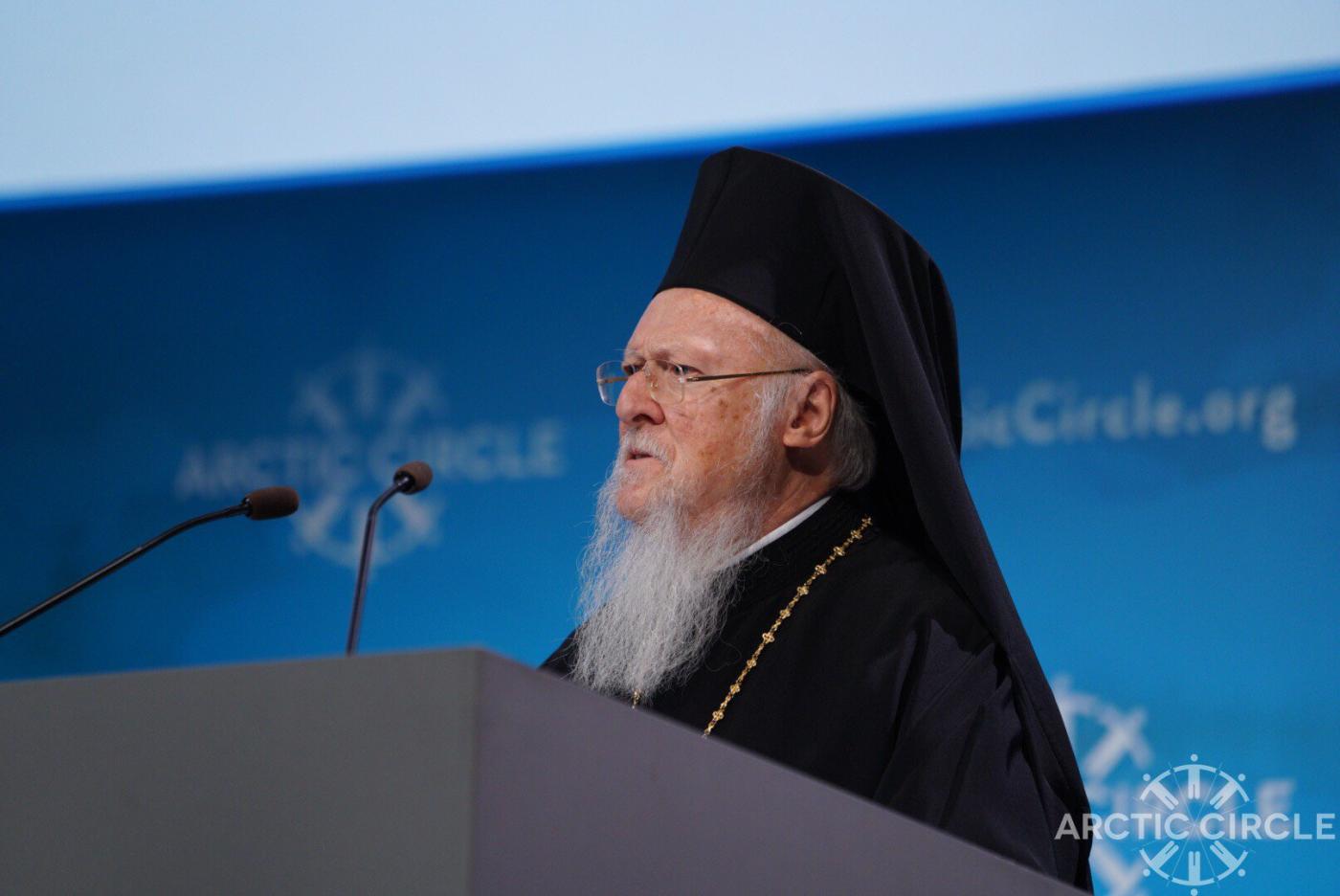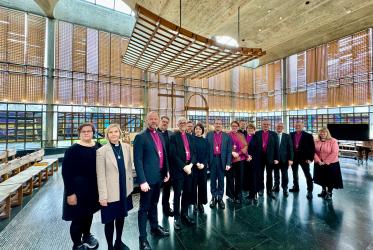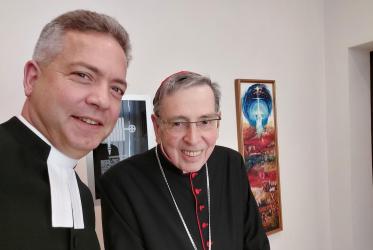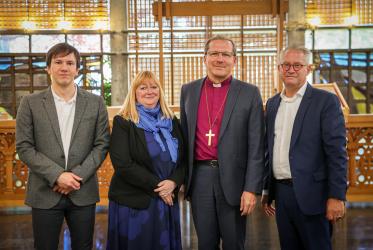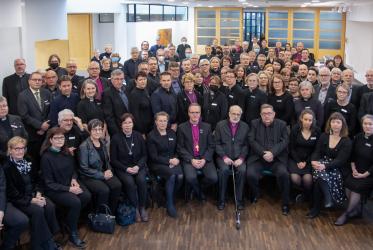In a keynote speech during the Arctic Circle Assembly in Reykjavík, Iceland, Ecumenical Patriarch His All-Holiness Bartholomew I termed their purpose “a fresh deliberation on the fate of the earth.”
The assembly, which drew more than 2,000 participants from 50 countries, joined religious leaders with scientists, government officials, advocates, and indigenous people on Oct. 13-15 for the largest annual international gathering focused on the future of the Arctic.
In his address, the Ecumenical Patriarch recalled a time when religious people were relatively indifferent, and sometimes even hostile, to science. “Today, however,” he said, “as some of those connections have become more perceptible and tangible, there is hardly a religious leader in the world who is not in one way or another concerned about the challenges posed by pollution and climate change.”
More and more people recognize that religious consciousness and environmental science are both concerned with the ultimate questions – with the way that we are shaping the destiny of humankind, the planet, and the whole of creation, reflected Bartholomew I. “For that reason alone, then, spiritual leaders and ecologists cannot avoid engaging in a profound dialogue with one another,” he said. “Climate change is a matter of livelihood, food, and individual and cultural survival.”
For the indigenous people of the Arctic, climate change is not just a theory but a stark and dangerous reality, said Bartholomew I. “It is – above and beyond all else – a vital human issue,” he said. “For scientists, the Arctic is the barometer of the globe's environmental health.”
The ecological misdeeds committed in other regions – including chemical contamination and nuclear radiation – are clearly evident in the Arctic environment, said the Ecumenical Patriarch. “When we visit this pristine part of the planet, we cannot hide our eyes, either from the beauty of God’s creation or from the changes which human folly has generated,” he said. “Nor can we avoid pondering the terrible consequences for the remainder – and the future – of the world, if glaciers continue to melt and sea-levels continue to rise.”
Creation is an intricate web of life, he concluded. “If the environment of the Arctic Circle is now changing at a frightening pace, it is because of economic activities and energy choices in the industrialized world in the south, west and east,” he said.
Read the full text of the keynote address of His All-Holiness Ecumenical Patriarch Bartholomew
Learn more about the WCC work on Care for Creation and Climate Justice
